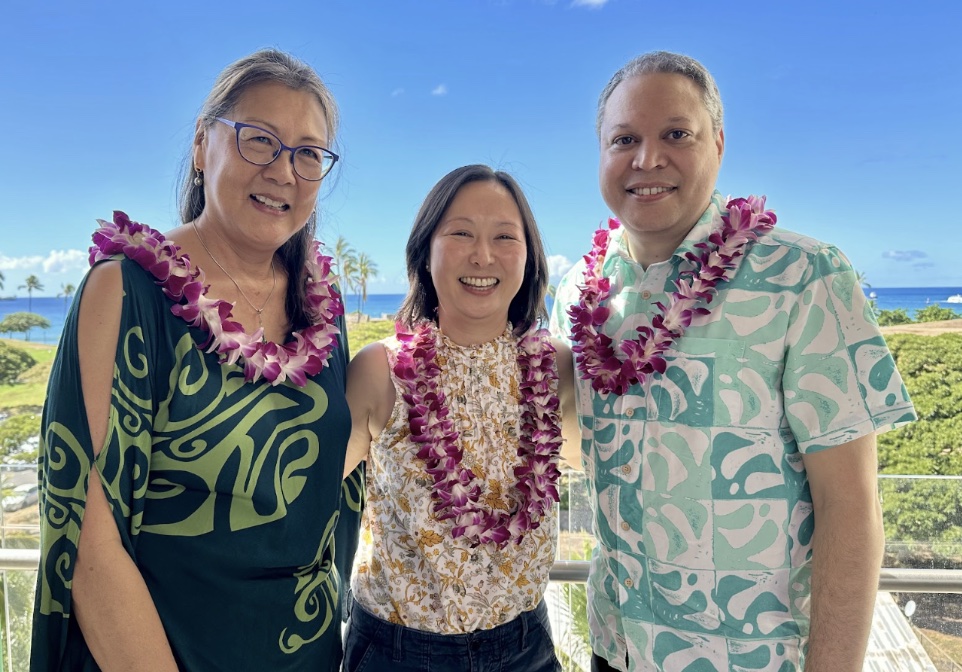The PONO Health Legacy Study is a new research study awarded to a team of Hawaiʻi scientists from UH Mānoa to study diabetes, heart and lung health disparities in Native Hawaiians, Pacific Islanders and Asians. This $4 million National Institutes of Health (NIH) award will establish a new longitudinal cohort study of Native Hawaiians (NH), Pacific Islanders (PI) and Asian Americans (AA) in the US and is known locally as the the Pacific Ocean Native Observational (PONO) Study.


Dr. Maunakea, the only NH epigeneticist in the US, remarked "One of our major goals is to better understand how the expression of our genes are impacted by environmental, behavioral, social-cultural, and biological factors (epigenetics).” Dr. Park is particularly enthusiastic because “PONO will also examine novel socio-environmental and structural factors linked to health and well being. Thus, providing potentially novel insights into understanding how to optimize disease prevention especially in these understudied populations.”
The PONO Study Team is currently working with the Coordinating Center and the other 4 sites to set-up and train research and community staff on the study protocol and assessment tools. “It is our long term goal to stay connected with all of Hawaiʻiʻs diverse racial and ethnic populations so we can bring some of the latest research science back to Hawaiʻiʻs health providers and communities in a meaningful way. Getting the word out as quickly as possible will allow PONO to give back to our communities.” stated Dr. Mau. “So, stay tuned for more good things to come!”